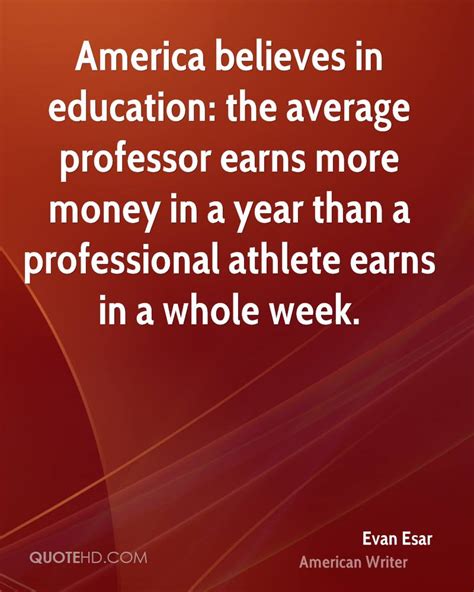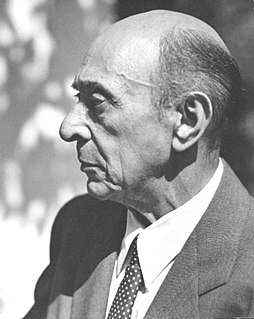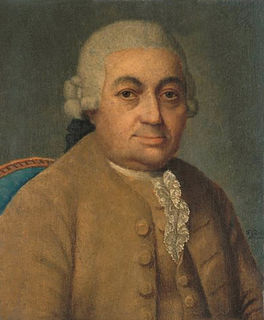A Quote by Murray Rothbard
On the free market, everyone earns according to his productive value in satisfying consumer desires. Under statist distribution, everyone earns in proportion to the amount he can plunder from the producers.
Related Quotes
In proportion to the mental energy he spent, the man who creates a new invention receives but a small percentage of his value in terms of material payment, no matter what fortune he makes, no matter what millions he earns. But the man who works as a janitor in the factory producing that invention, receives an enormous payment in proportion to the mental effort that his job requires of him. And the same is true of all men between, on all levels of ambition and ability.
There are two kinds of businesses: The first earns 12%, and you can take it out at the end of the year. The second earns 12%, but all the excess cash must be reinvested - there's never any cash. It reminds me of the guy who looks at all of his equipment and says, 'There's all of my profit.' We hate that kind of business.
The general feeling is, if you don't treat everyone the same you're showing partiality. To me, that's when you show the most partiality, when you treat everyone the same. You must give each individual the treatment that you feel he earns and deserves, recognizing at all times that you're imperfect and you're going to be incorrect oftentimes in your judgment.
Over the long term, it's hard for a stock to earn a much better return that the business which underlies it earns. If the business earns six percent on capital over forty years and you hold it for that forty years, you're not going to make much different than a six percent return - even if you originally buy it at a huge discount. Conversely, if a business earns eighteen percent on capital over twenty or thirty years, even if you pay an expensive looking price, you'll end up with one hell of a result.
For we each of us deserve everything, every luxury that was ever piled in the tombs of the dead Kings, and we each of us deserve nothing, not a mouthful of bread in hunger. Have we not eaten while another starved? Will you punish us for that? Will you reward us for the virtue of starving while others ate? No man earns punishment, no man earns reward. Free your mind of the idea of deserving, the idea of earning, and you will begin to be able to think.




































